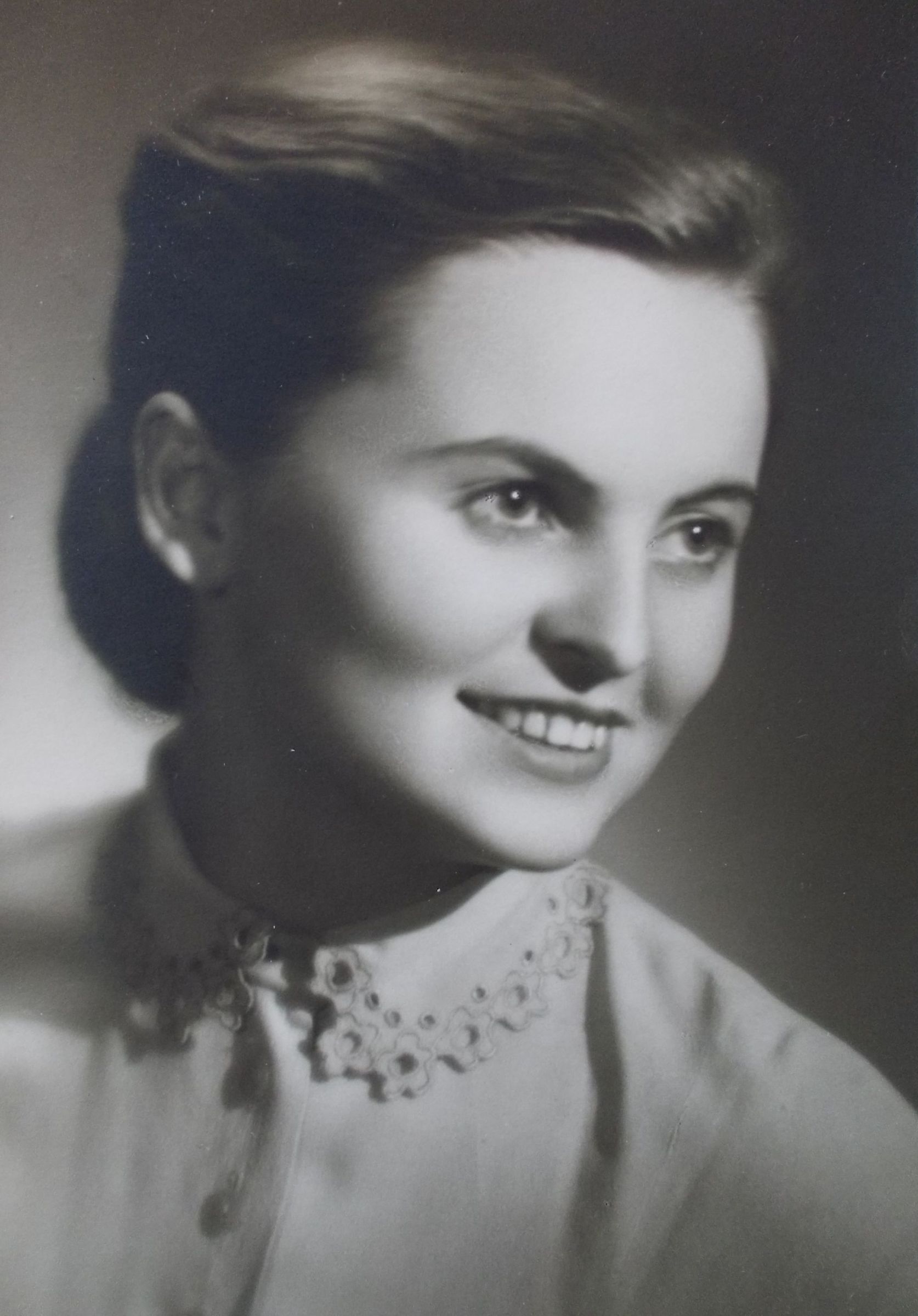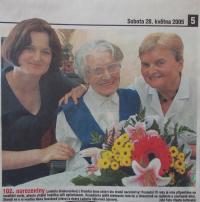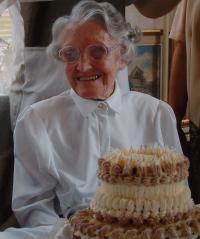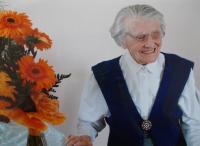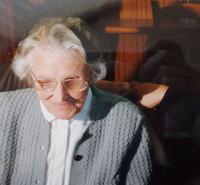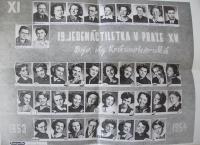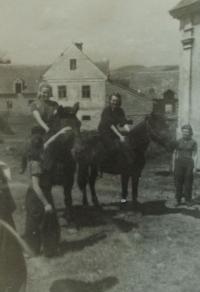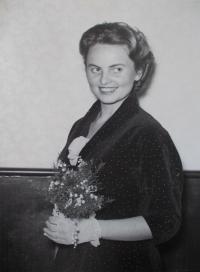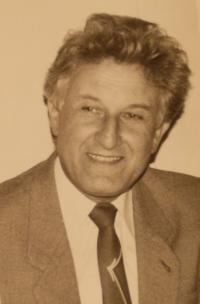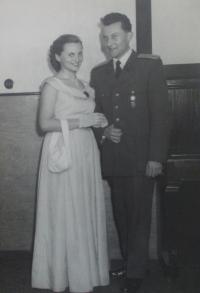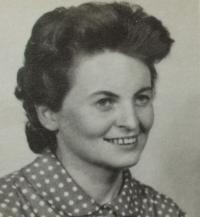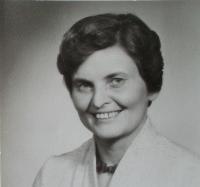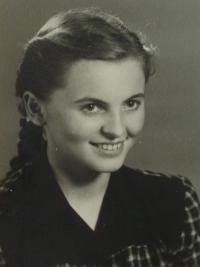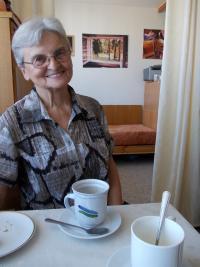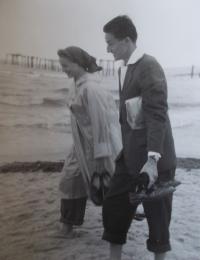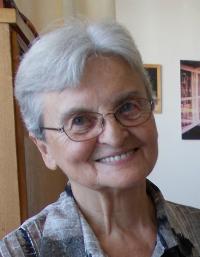Nobody was allowed to touch Dad’s radio. Now I was finally able to build my own one
Ludmila Sýkorová, née Drahozalová, was born on 6 April 1936 in Prague. Her father was involved in the Prague Revolt, he fought in Horní Krčská and Pankrác. The events following the Communist coup in 1948 did not favour Ludmila’s family. Her father was fired from work because he was a high-ranking member of the National Socialist Party, and her brother was sent to the correctional camp in Kladno because they had found an entry in his diary regarding the death of Jan Masaryk. Ludmila attended a girls’ grammar school; she then graduated from the Faculty of Electrical Engineering at the Czech Technical University, specialising in RTF (radio-television-film). It was there that she met her future husband. After school she wanted to work for Czechoslovak Radio, but she did not have the Party credentials to do so. And so she eventually found employment at the Research Institute of Telecommunication Technology (VÚST). She participated in many interesting projects: for example, she developed a communication device in the Ostrava mines. In August 1968 the Institute’s building was transformed into an improvised television studio, and its employees helped enable the broadcasting of Czechoslovak Television during the occupation. She now (2016) lives in Prague.
